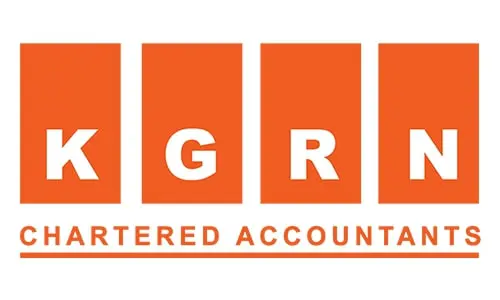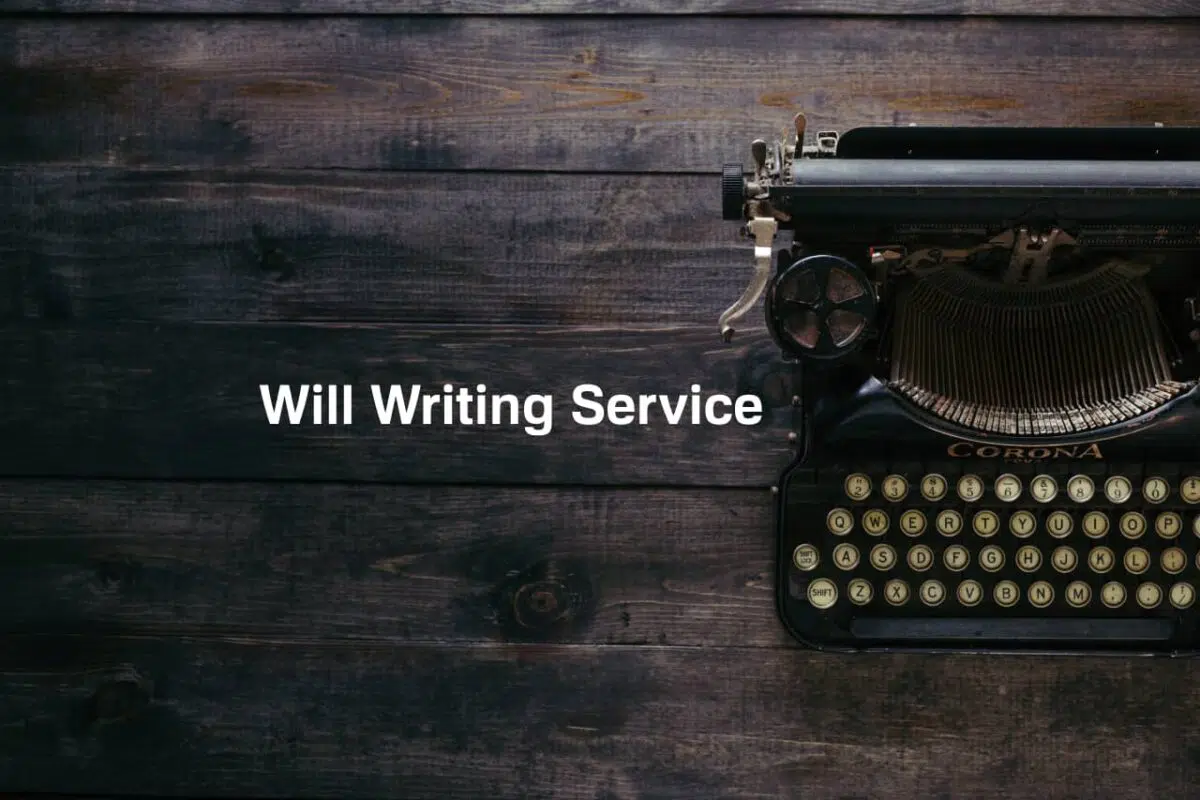Introduction to Wills
A will is a legal document that specifies how you want your assets disposed of after death.
The will is created by an individual, called the “testator” or “maker” of the will. The testator determines who inherits what property, and who is to perform certain tasks for them, such as carrying out their final wishes or raising their kids.
Keynote: will writing, what is a will, how to write a will
Importance of Wills
A last will and testament is a legal document that lets you decide what happens with your estate after you die.
Here are the top ten reasons you should make a will today:
- Save time, money, and stress for your loved ones.
- Determine who will manage your estate.
- Decide who gets your assets and property — and who does not.
- Choose who will take care of your minor children.
- Provide a home for your pets.
- Leave instructions for your digital assets.
- Lower the potential for family disputes.
- Support your favorite causes and leave a legacy.
- Provide funeral instructions.
- It’s easy to make a will and gain peace of mind.
Keynote: the importance of wills, reasons to have a will, should you have a will
When Do You Need A Will?
Professionals are divided on whether or not a will is necessary. While you may argue that having a will is always preferable, these are the precise types of persons who require (or do not require) a will.
Do you have a spouse? You’ll require a will.
If you’re married, you’ll need a will since your spouse is so closely linked to you that it’s critical that you spell out how your assets will be distributed after your death.
Even if you die without a will, your spouse is likely to inherit your assets, but you shouldn’t leave it to chance. You’ll also need to include it in your will if you want anyone other than your spouse to inherit any of your possessions, as this isn’t the default.
Do you have any children? You’ll require a will.
If you have children, you should have a will because if you die intestate, your children will most likely inherit your property after your spouse, but not always. This means that if you want your children to inherit after you, you must write it down so that there is no opportunity for interpretation by the courts. Furthermore, if you do not want one (or all) of your children to inherit, this must be stated in writing.
Whether you want your children to inherit your possessions or not, you are sure to have strong sentiments about it. As a result, it’s critical that you have a will in place so that you, not the state, make the final decision.
If you have children, a will is very crucial since it names an executor of your estate and a guardian for your children. The executor is in charge of distributing your assets, while the guardian is in charge of your children’s upbringing. Who you select as executor and guardian will have a significant impact on how your children inherit and are raised.
Over time, you can (and should) modify your mind. For example, if you have two children and write a will, you will need to revise your will to add your third child ten years later.
Do you have a net worth that is positive? You’ll require a will.
You should have a will if you are single and do not have children but have a positive net worth. If you have assets worth more than $100,000, you should consider establishing a living trust that takes effect immediately after it is signed.
It’s nearly always easier on your family to have a will or a trust in place when you have assets that need to be divided when you die.
Clarity is the keyword when it comes to dying.
Are you in your twenties, broke, single, and childless? A will isn’t required (yet).
Your will directs asset distribution, and if you don’t have a lot of assets to divide, you might be fine without one. My buddy Stephanie, for example, is 28 years old, single, and has a significant amount of student loan debt. Stephanie doesn’t require a will right now because she doesn’t have any dependents or assets.
It’s a good idea to establish a will if you get married, have children, or acquire assets (money or property).
Keynote: do you need a will, when do I need a will
How Much Does It Cost To Write A Will?
When registering at Dubai Courts, however, the cost of a will in Dubai ranges from AED 8,000 to AED 10,000. In the meanwhile, a DIFC will cost between AED 15,000 and AED 20,000. The cost of drafting, translating, and registering a full will in Dubai is included in the above cost of making a will with a lawyer.
Keynote: costs for wills, costs for wills in Dubai
What Is Included In A Basic Will?
In a will, you must provide basic personal information such as your full name, birth date, and address. It’s also a good idea to write down any additional names you use, as well as the names of your spouse and family members, as well as their relationship to you. The testator is the person who writes a will.
Keynote: basic will outlines for beginners, outline for basic wills)
Conclusion – Why You Should Have A Will
Make sure you contact an estate attorney to create your will when the time comes. When you die, a will can assist your family to avoid dispute, but it is not something you should draught yourself.
Contact us if you’re looking for a Will Writing Service in Dubai.
Image Credit: unsplash.com



